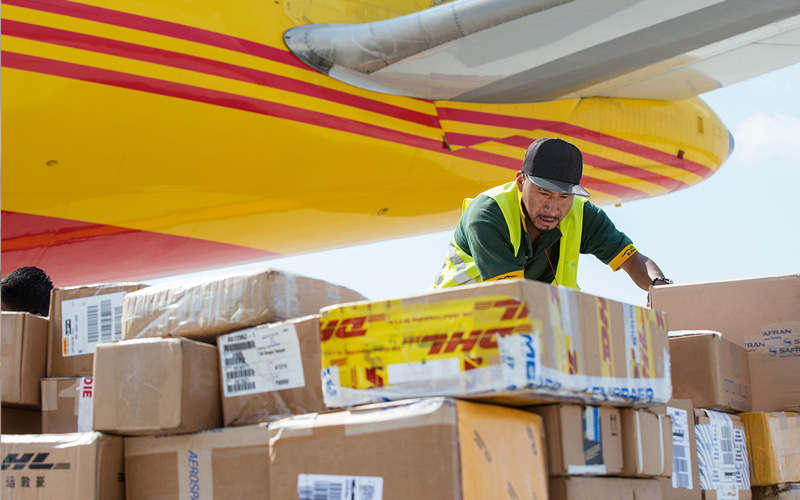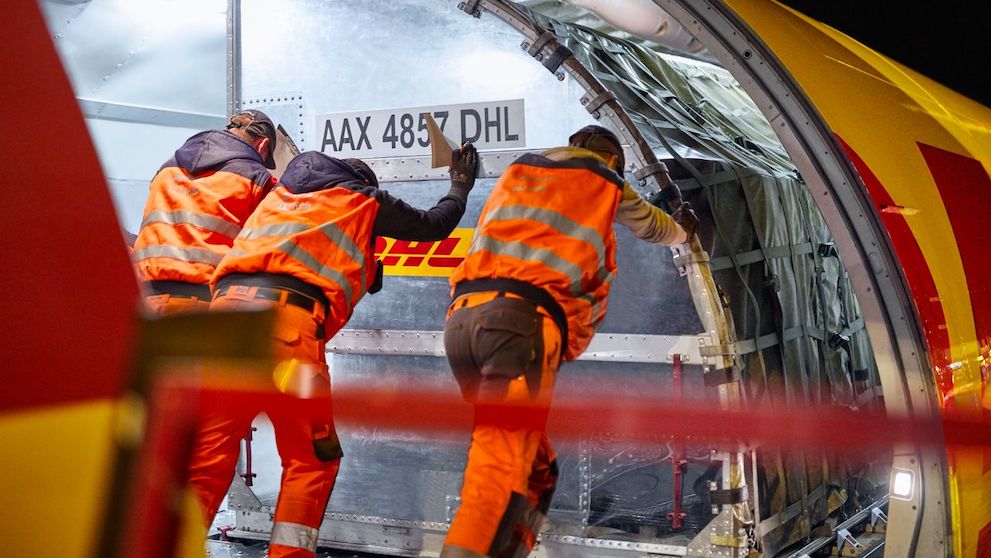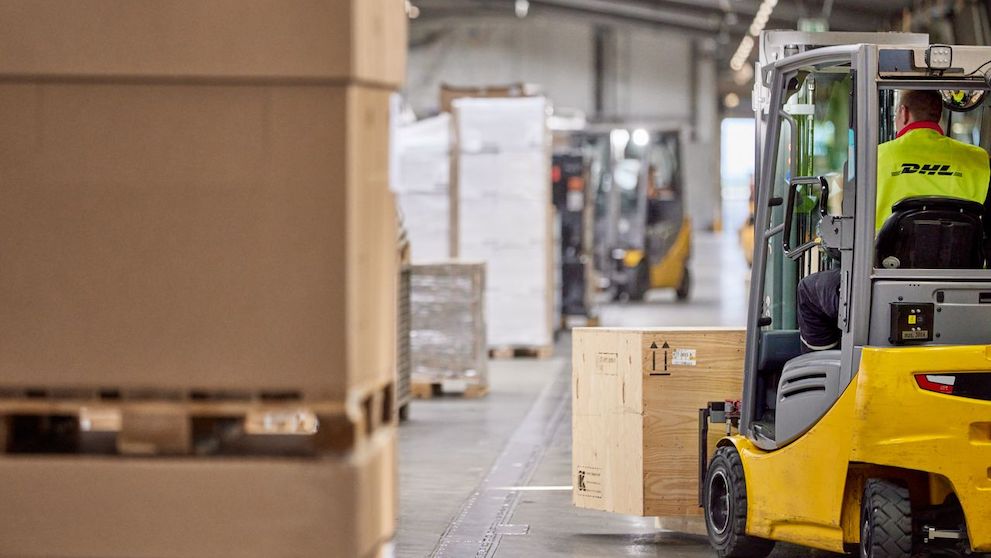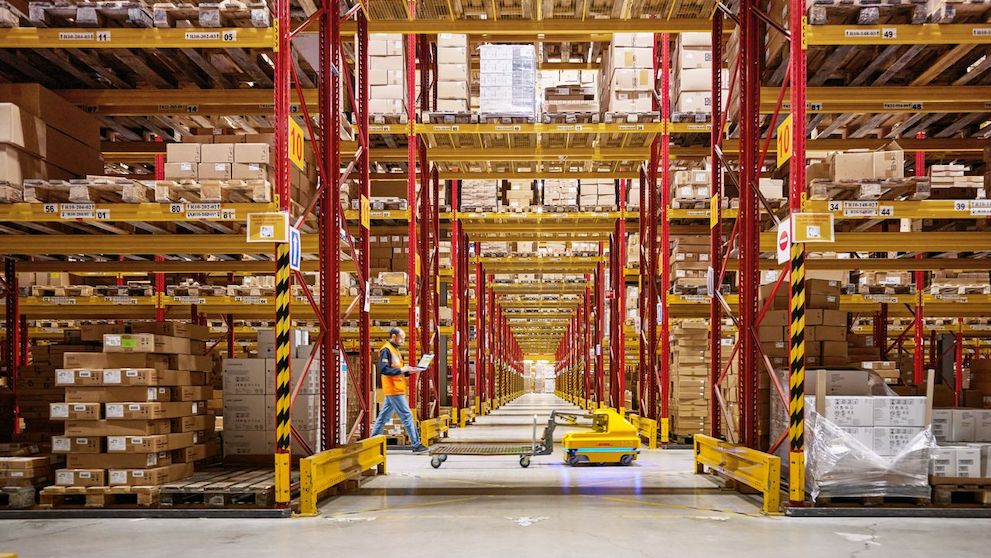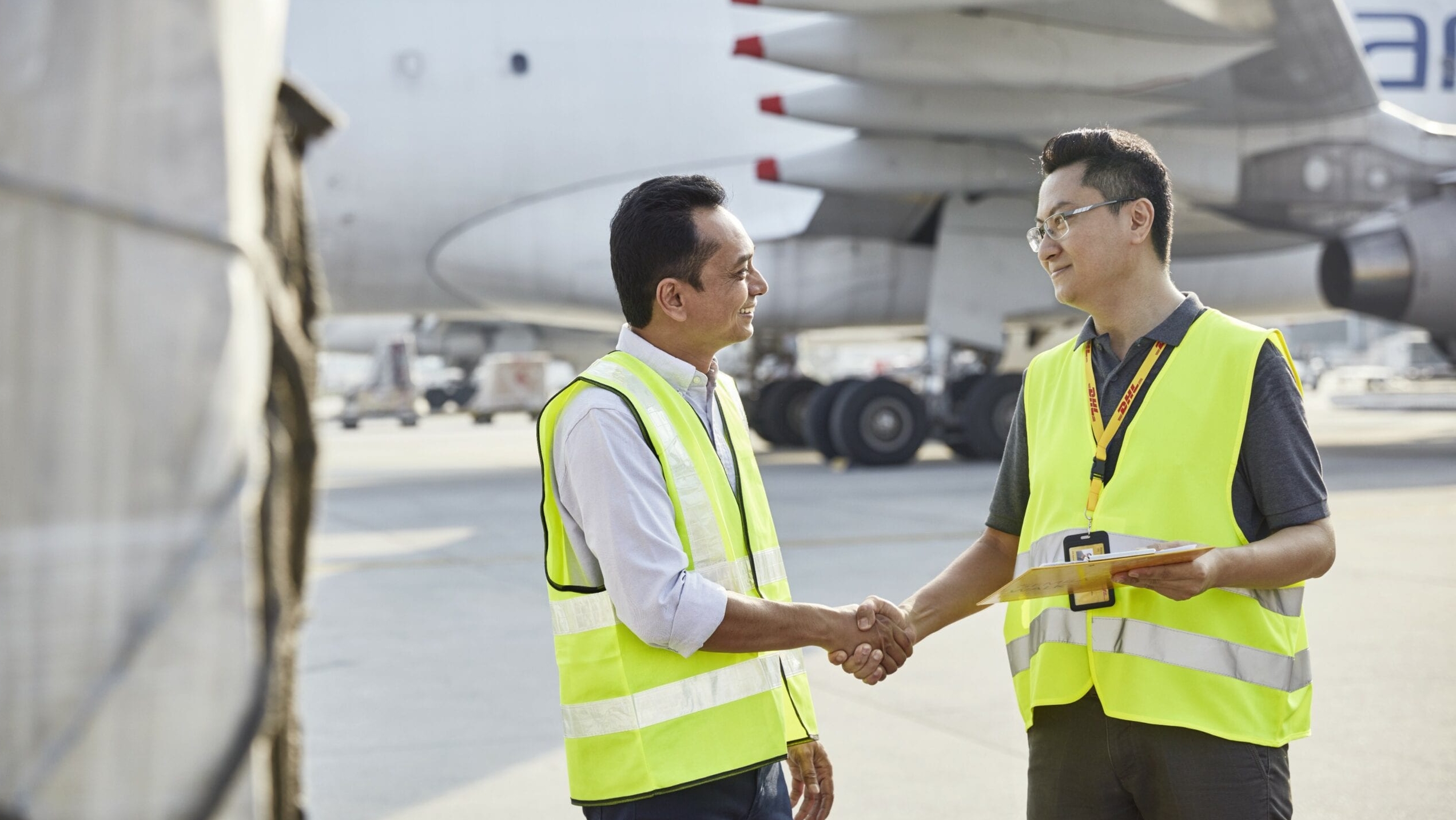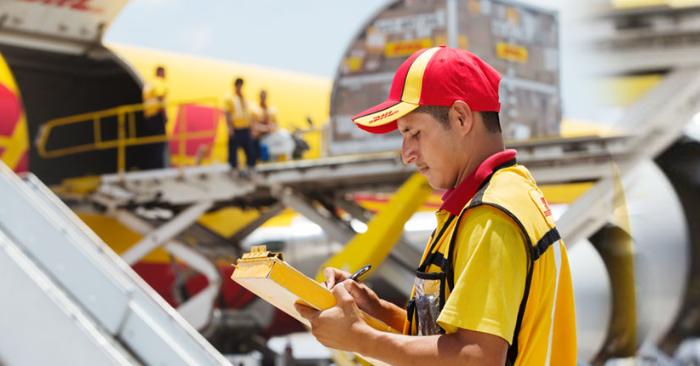If you're a Singapore business looking to ship cargo overseas, you may be wondering whether air freight forwarding or sea freight shipping is the better option. Both options have their pros and cons, so it can be difficult to decide which is right for your shipments. In this article, we'll take a look at the pros and cons of cargo shipping via air and sea, so you can make an informed decision about the option that is best for you.
Air cargo vs ship cargo: Consider these factors
1. Speed
If you're a business owner who relies on fast-moving consumer goods (FMCG) like clothes and shoes, then you know that inventory delays can be costly. Fortunately, air freight can help you avoid these by delivering your products in a fraction of the time it would take if they were shipped by sea.
Depending on your choice of shipping partner, goods can be sent by cargo plane anywhere in the world in just a few days. In fact, you can get your shipment delivered as quick as the next business day. This means that you can get your products to their destination quickly, which can give you a competitive edge over your competitors.
2. Shipment safety
When you are shipping a product, it is important to make sure that it arrives at its destination in the same condition as when it left. This can be difficult to guarantee when using sea freight. Air freight offers more stability during shipping and can help ensure that your product arrives safely and undamaged.
To go the extra mile, your customers may also get real-time updates on their shipments via DHL Express. That way, they know exactly when to expect their order from your business each time.
3. Cost
From a price perspective, the cost savings can be significant if you are shipping larger shipments via sea freight. However, bear in mind that the journey will take longer – typically around two weeks. There may also be delivery delays during seasonal sales periods like Valentine’s Day and Christmas.
On the other hand, the cost of air freight can be more affordable at a certain volume. Note that the air freight dimensional weight is as follows: 1 cubic metre equals 167 kilogrammes chargeable weight. Depending on your shipments, you may also reduce shipping costs by opting for a smaller package size.
Ultimately, your choice will depend on the weight and size of your shipment. To know the rates for shipping your products via air freight, you can start by getting a quote – our dedicated account managers at DHL Express can keep you updated on the latest costs and help answer any of your queries.
Prepare for shipping with DHL Express
All of these factors make air cargo a valuable tool for businesses of all sizes. Whether you’re shipping to New Zealand, Pakistan or any of the 220 countries and territories in the world, DHL Express can bring your package directly to your customer's doorstep. With our reliable door-to-door service, businesses can focus on their core operations without worrying about the timely arrival of their shipments. Simply apply for a business account with us and create your DHL air waybill to kickstart the air freight process.
For more tips, learn how to provide good customer service and avoid common packing mistakes when preparing your air shipments. You may also get in touch with our customer care staff for more information.
























